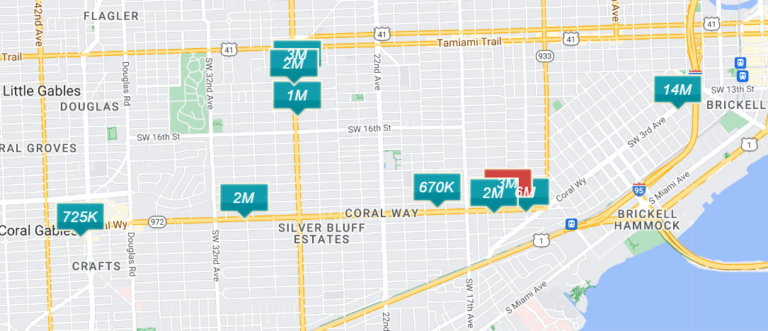In the dynamic world of commercial real estate, timing is everything. As seasoned professionals know, the market can be unforgiving to those who find themselves forced to sell under unfavorable conditions. Don’t succumb to the pitfalls of selling commercial property when circumstances, rather than strategy, dictate your moves.
Market Downturns: When the Economy Turns Against You
The commercial real estate market is intrinsically tied to broader economic trends. When the economy falters, commercial property values often follow suit. In times of recession or economic uncertainty, businesses may downsize, leading to increased vacancy rates and decreased demand for commercial spaces. This creates a buyer’s market, where property owners may find themselves at a significant disadvantage.
During such periods, potential buyers are scarce, and those who are in the market expect steep discounts. If you’re forced to sell in this environment, you may have to accept offers well below your property’s potential value. The harsh reality is that when the market is down, and you’re compelled to sell, you’re likely to leave money on the table.
Oversupply: When Your Property is Just Another Option
Another challenging scenario arises when there’s an oversupply of commercial properties in your market. This situation can occur due to overbuilding during boom times or sudden shifts in market demand. When buyers have numerous options, your property may struggle to stand out, even if it’s of high quality.
In an oversupplied market, properties sit vacant for extended periods, leading to increased carrying costs for owners. If you’re forced to sell in such conditions, you may find yourself competing with distressed properties or motivated sellers willing to accept lower offers. This race to the bottom can significantly erode your property’s value and your potential returns.
Regulatory Changes: When the Rules of the Game Shift
The commercial real estate landscape is heavily influenced by local, state, and federal regulations. Sudden changes in zoning laws, building codes, or tax policies can dramatically impact property values. If you’re forced to sell shortly after unfavorable regulatory changes, you may find yourself trying to offload a property that no longer meets market demands or has lost its competitive edge.
For instance, if new environmental regulations require costly upgrades to your property, potential buyers may factor these expenses into their offers, further reducing your sale price. Being forced to sell under these circumstances can result in significant financial losses.
Personal or Financial Distress: When Your Back is Against the Wall
Perhaps the worst scenario for selling commercial real estate is when personal or financial circumstances force your hand. Whether it’s due to bankruptcy, divorce, or other pressing financial needs, selling under duress almost always results in suboptimal outcomes.
When buyers sense desperation, they’re likely to make lowball offers, knowing you have limited negotiating power. Moreover, the pressure to sell quickly may force you to accept the first reasonable offer, even if it’s far below market value. This situation can be particularly painful if you’ve invested significant time and resources into the property, only to see your potential returns evaporate due to circumstances beyond your control.
Lack of Property Maintenance: When Neglect Catches Up
If you’ve been forced to neglect property maintenance due to financial constraints, this can severely impact your ability to sell at a favorable price. Deferred maintenance not only reduces the aesthetic appeal of your property but can also lead to more serious structural issues over time.
When potential buyers conduct due diligence, they’ll likely uncover these issues and either walk away or demand significant price reductions to account for necessary repairs and upgrades. If you’re in a position where you must sell, you may have no choice but to accept these terms, resulting in a lower sale price than you might have achieved with a well-maintained property.
TLDR
The worst time to sell commercial real estate is undoubtedly when external factors force your hand. Whether it’s due to market downturns, oversupply, regulatory changes, personal distress, or property neglect, selling under pressure almost always results in suboptimal outcomes. The key to success in commercial real estate is maintaining the flexibility to hold onto your assets during unfavorable market conditions and selling when the timing aligns with your strategic goals.
To navigate these challenges effectively, it’s crucial to work with experienced commercial real estate professionals who can help you develop strategies to weather market fluctuations and maximize your property’s value.
If you’re facing pressure to sell or want to discuss strategies for optimizing your commercial real estate portfolio before that happens, let’s connect.
Not sure if the time is right? Together let’s analyze your portfolio, assess current market conditions, and chart the most profitable path forward for your investments.






